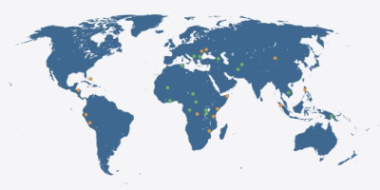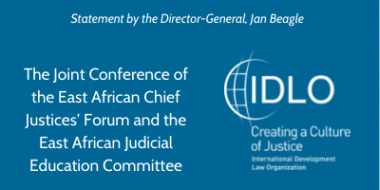Bailiff Service Capacity Building
Tajikistan’s enforcement framework and practice is considered to be the poorest in the region according to an assessment by the European Bank for Reconstruction and Development (EBRD). Non-enforcement and lengthy delays of court decisions, particularly with regards to commercial matters, is a significant problem which affects investor confidence and, as a result, economic indicators.















